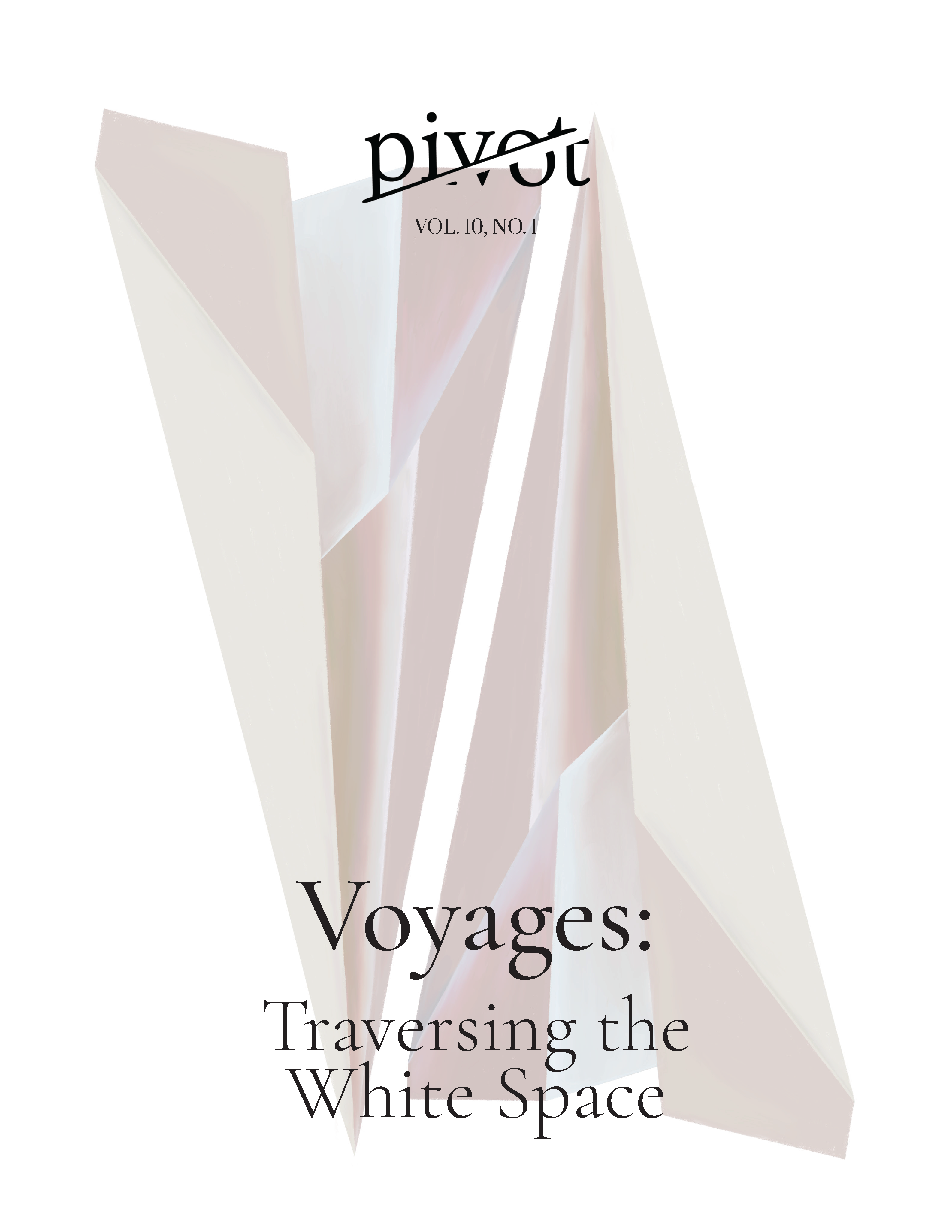"The Invisible Woman" and "In the Rehab Waiting Room"
DOI:
https://doi.org/10.25071/2369-7326.40352Abstract
I have been ruminating lately on the notion of “white space,” “writer’s block,” and selfhood following a traumatic brain injury that caused word-finding problems during the acute phase of my recovery. I have coined the term, “neuropoetics” to denote the attempt to describe in poetry and flash fiction the experience of “drawing a blank” or being silenced by a medical condition.
Attached you will find three poems for your consideration: “Memory Villanelle,” “The Invisible Woman,” and “In the Rehab Waiting Room.” I was inspired by Laurie Clements Lambeth’s statement regarding the use of formal structure in her poetry about her Multiple Sclerosis, the blurring of bodily boundaries: “I needed the cage of a villanelle—so restrictive, in that very few lines can truly further the poem along, and yet so obsessive a form—to house the poem” (171). I have tried the same technique to describe the connection between memory and identity. “The Invisible Woman” takes as much from the Marvel universe as H.G. Wells; in it, I use the figure of Sue Storm and her dubious gift of being ignored as representative of the experience of an “invisible disability,” or something neurological rather than physically identifiable. Finally, “In the Rehab Waiting Room” was accidentally inspired by Elizabeth Bishop’s famous poem, as per the epigraph. It was an early attempt to capture the feeling of being a “blank slate” or having that post-traumatic “blank stare” that avoids eye contact with others
References
Works Cited
“Have You Learned Something?” The Invisible Disability Project. http://www.invisibledisabilityproject.org.
Lambeth, Laurie Clements. “Reshaping the Outline.” Beauty is a Verb: The New Poetry of Disability, edited by Jennifer Bartlett, Sheila
Black, and Michael Northern, Cinco P, 2011, pp. 169-179.

